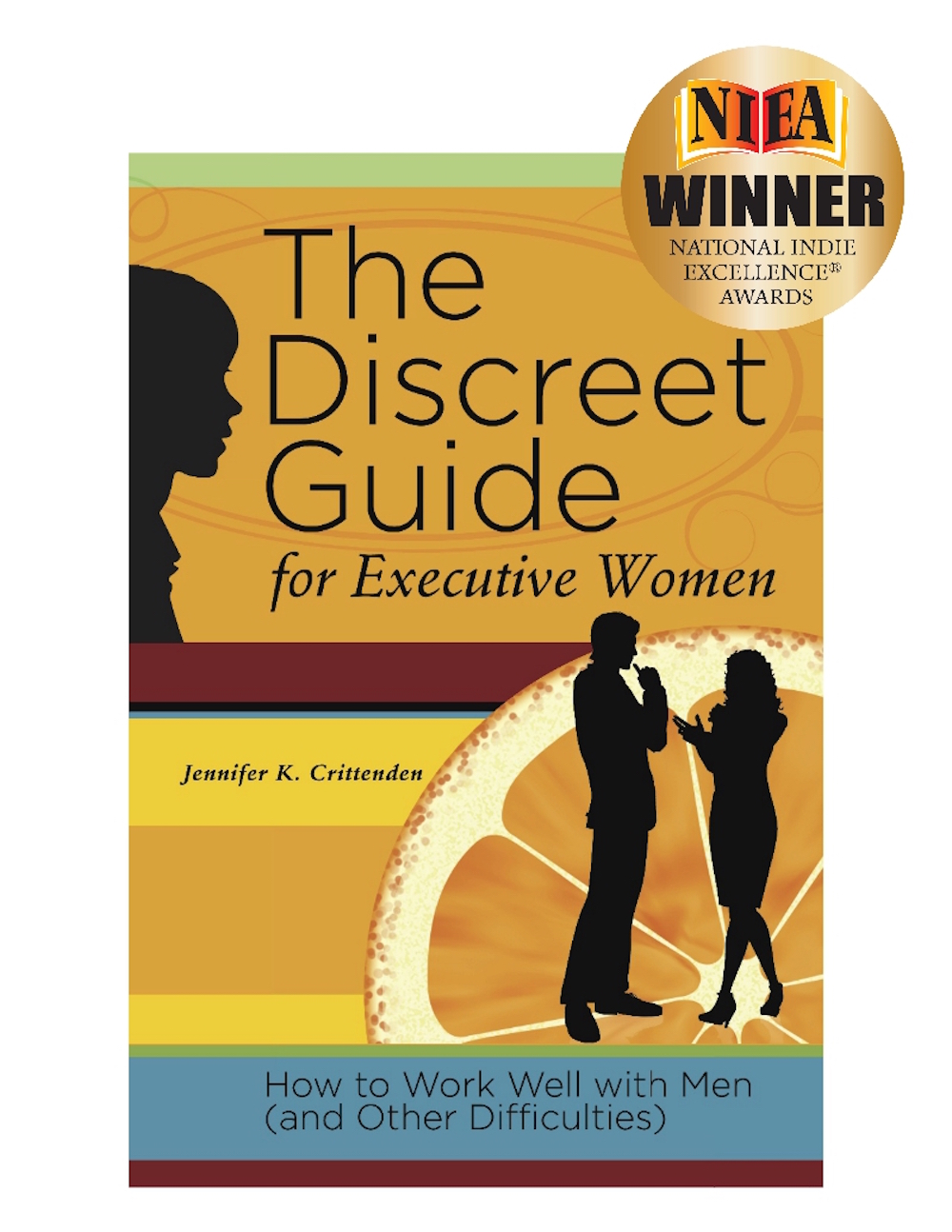May 16, 2012
When the boys in Hoboken asked their Little League coach for an extra form because there was a girl who wanted to apply, he had only one question: “Can she play?” It turns out that Maria Pepe sure could, and she played in three games before opposing coaches and parents objected and Little League officials told her that she couldn’t play anymore. Presumably if she had been terrible, no one would have objected—in fact, they would have encouraged that coach to fill up his team with girls, the more the merrier! The problem was that she was too good. That was 1972, the year Title IX was signed into law. Maria’s case was taken to court and was eventually won, allowing girls to play Little League.
And twenty-two years earlier, in 1950, when Kay “Tubby” Johnson snuck onto a Little League team by disguising herself as a boy, she played for two weeks before she told her coach that she was a girl.
“He didn’t care, because I was good,” Johnson says. She was aggressive and enthusiastic about playing, and when news of her gender leaked and created a controversy, she played every game with her chin out in defiance of the name-calling. But at the end of the season, Little League officials said she couldn’t play anymore, not because she cried or got hurt or played like a wimp—they threw her out because she was too tough and a threat. But there was no Title IX back then, so that was the end of Tubby’s career.
Forty years after Title IX, we have evidence of more girl power. A baseball team in Arizona has sacrificed its chance at a high school championship because it refused to play against a team that has a—gasp—girl on it. In this day and age, can you imagine having a girl on the team? That was the ostensible reason given by the crazy people who run Our Lady of Sorrows. The real reason could just be that they were chicken. The girl, Paige Sultzbach, plays second base with skill—she made the varsity team as a freshman, so she’s good. And her school, Mesa Prep, was undefeated in the regular season and has beaten Our Lady of Sorrows twice, once smacking them 11 to 3. So when the crazy people issued a statement saying that they refused to play because of “a profound respect for women and girls,” the correct interpretation is that they didn’t want to play because teams with girls on them are too good.
So here’s the takeaway: all Little League and high school baseball coaches, sign girls! It turns out that girls can be good baseball players and they have the added advantage of being girls. Which means you can win all your games against crazy people. You’ll still have to play against rational people, but who wouldn’t want to have that kind of advantage going in? When you sign a girl, you get a ballplayer and a psychological edge. This is great news. Who knew that it would be so simple to win against crazy people? It makes you wonder where else we could put girls in order to terrify the opposition…
Copyright © 2012 Jennifer K. Crittenden





 Ten 90-minute individualized sessions. Private and confidential.
Ten 90-minute individualized sessions. Private and confidential.

